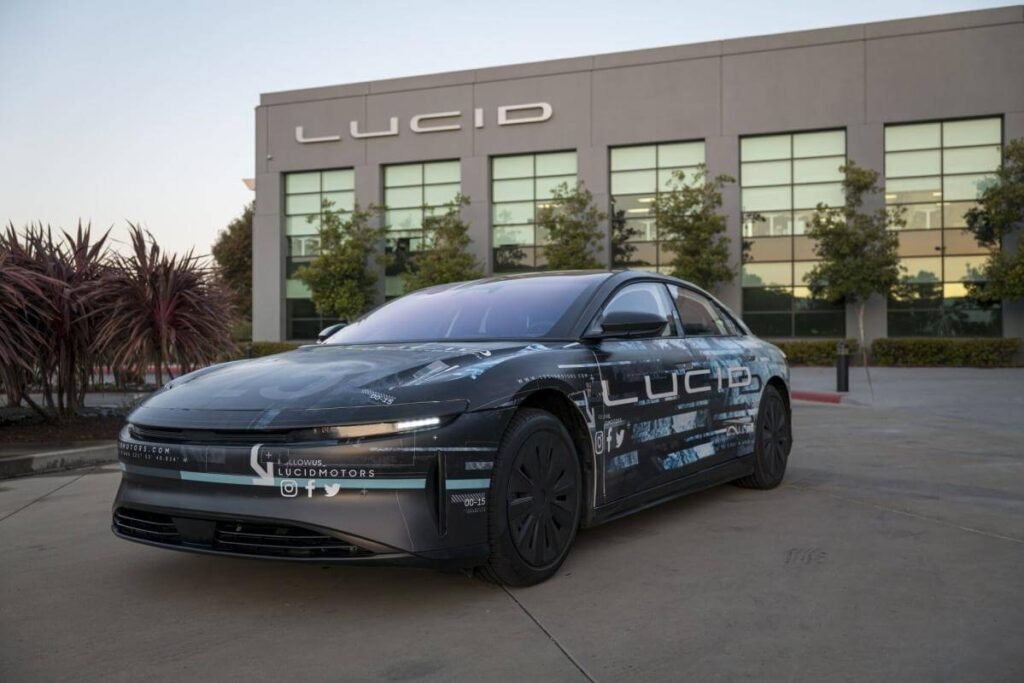Investors have witnessed a diverging trajectory for two prominent electric vehicle (EV) manufacturers, in a story that has been likened to the tale of two EV makers. Both Rivian, led by founder RJ Scaringe, and Lucid, helmed by CEO Peter Rawlinson, went public with great promise in the latter part of 2021, aiming to follow in the footsteps of EV trailblazer Elon Musk. However, their journeys had a rocky start.
Recently, these two companies have shown contrasting results. While Rawlinson faced disappointments by missing expectations across the board and reducing his 2023 production forecast for Lucid Air cars, RJ Scaringe of Rivian surprised the market with a more optimistic outlook. Scaringe increased the production target for Rivian for the year by 2,000 vehicles, alongside a narrower-than-expected loss. He also made a significant announcement, revealing that Rivian was no longer bound by an exclusivity agreement with its largest shareholder, Amazon, which had been limiting growth.

As a result, Rivian now expects to manufacture 54,000 vehicles in the current year, a number six times greater than Lucid’s production expectations.
In discussions with investors, Scaringe expressed enthusiasm about the company’s prospects. Rivian is gearing up to deliver a smaller, more affordable SUV priced around $45,000 in 2026, targeting the burgeoning mid-size segment. Scaringe downplayed concerns related to short and medium-term challenges, such as rising interest rates and geopolitical instability.
This divergence in fortunes raises hopes among investors that Rivian may successfully navigate the challenging landscape of the EV industry, especially as demand cools due to growing affordability issues for new vehicles, a problem even acknowledged by Elon Musk.
If Rivian’s positive momentum continues, it could defy a gloomy prophecy from Musk last year, in which he foresaw both Lucid and Rivian potentially filing for Chapter 11 bankruptcy. Back then, these EV startups were grappling with a common challenge in the fiercely competitive car manufacturing industry: heavy reliance on suppliers for critical components, from microchips to basic parts like footwell mats.
Elon Musk, with his own experiences of near financial peril, understands the challenges these companies face amid high growth expectations. In an interview, he admitted that his own new factories in Germany and Texas were consuming significant funds.
The recent developments in production outlook for these smaller EV rivals are crucial. In the auto industry, the utilization rate of a factory’s installed capacity is a pivotal factor in determining profitability. While pricing trends and sales mix are significant, maximizing production capacity is a priority for most carmakers.
Consequently, Rivian’s shares are set to surge by around 6% at the start of trading, highlighting their improved outlook. On the other hand, Lucid has gained a reputation for consistently lowering production targets, leading to an anticipated 4% drop in its shares.
Despite the challenges, Lucid can find some solace in the fact that the Saudi sovereign wealth fund PIF, which holds the majority of its ownership, might offer some stability to the company’s stock by potentially taking it private.



